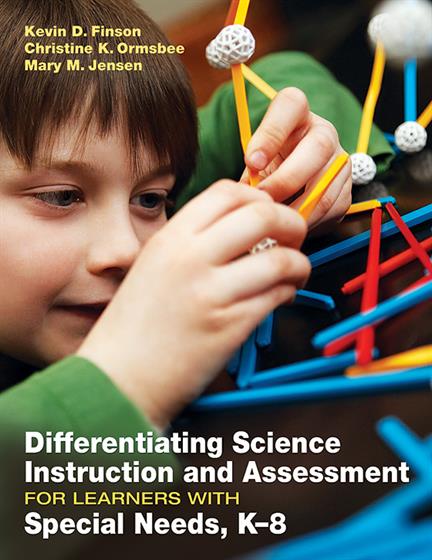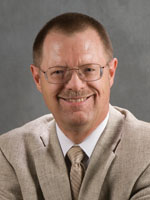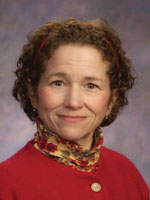Hands-on, Practical Guidance for Educators
From math,
literacy, science, equity, multilingual learners, and SEL, to assessment, school counseling,
and education leadership, our books are research-based and authored by experts
on topics most relevant to what educators are facing today.
Differentiating Science Instruction and Assessment for Learners With Special Needs, K–8
This timely, practical guidebook bridges the gap between science and special education by giving teachers strategies and tools that strengthen science learning for all students.
Product Details
- Grade Level: K-8
- ISBN: 9781412993999
- Published By: Corwin
- Year: 2011
- Page Count: 232
- Publication date: June 08, 2012
Review Copies
This book is not available as a review copy.




